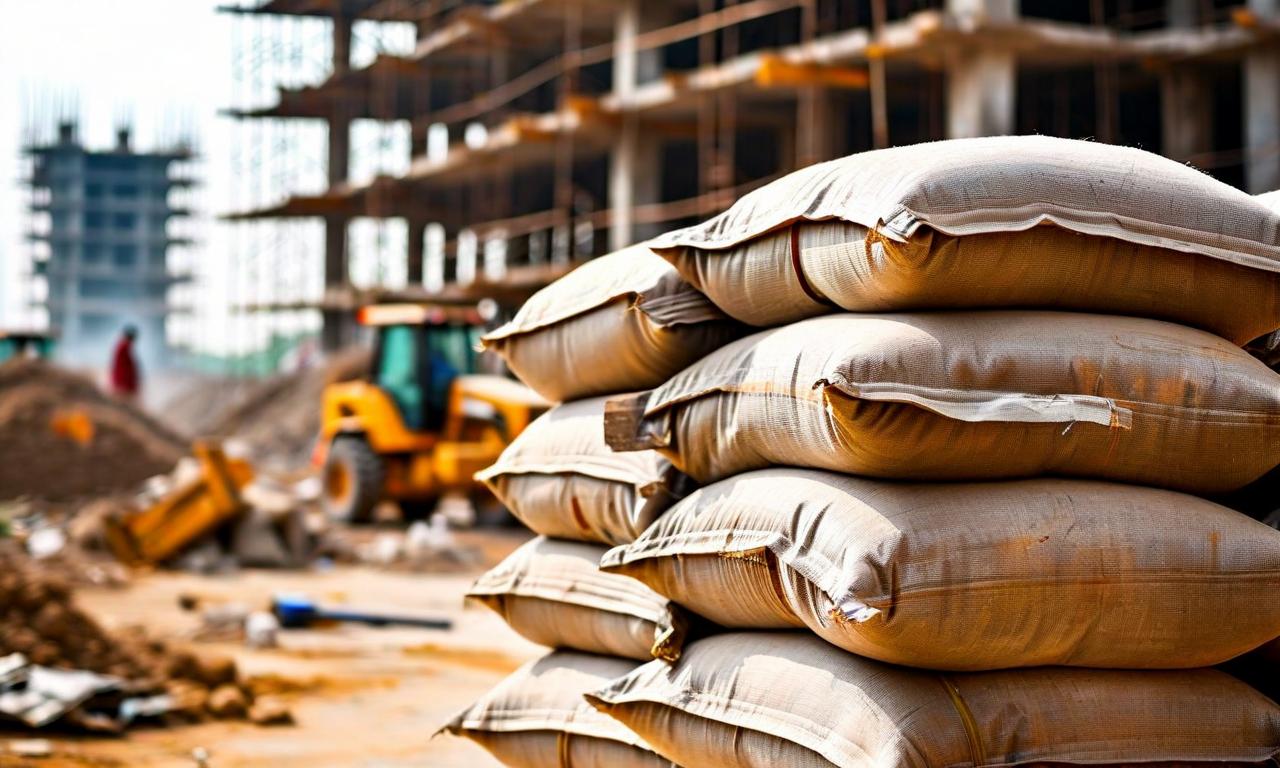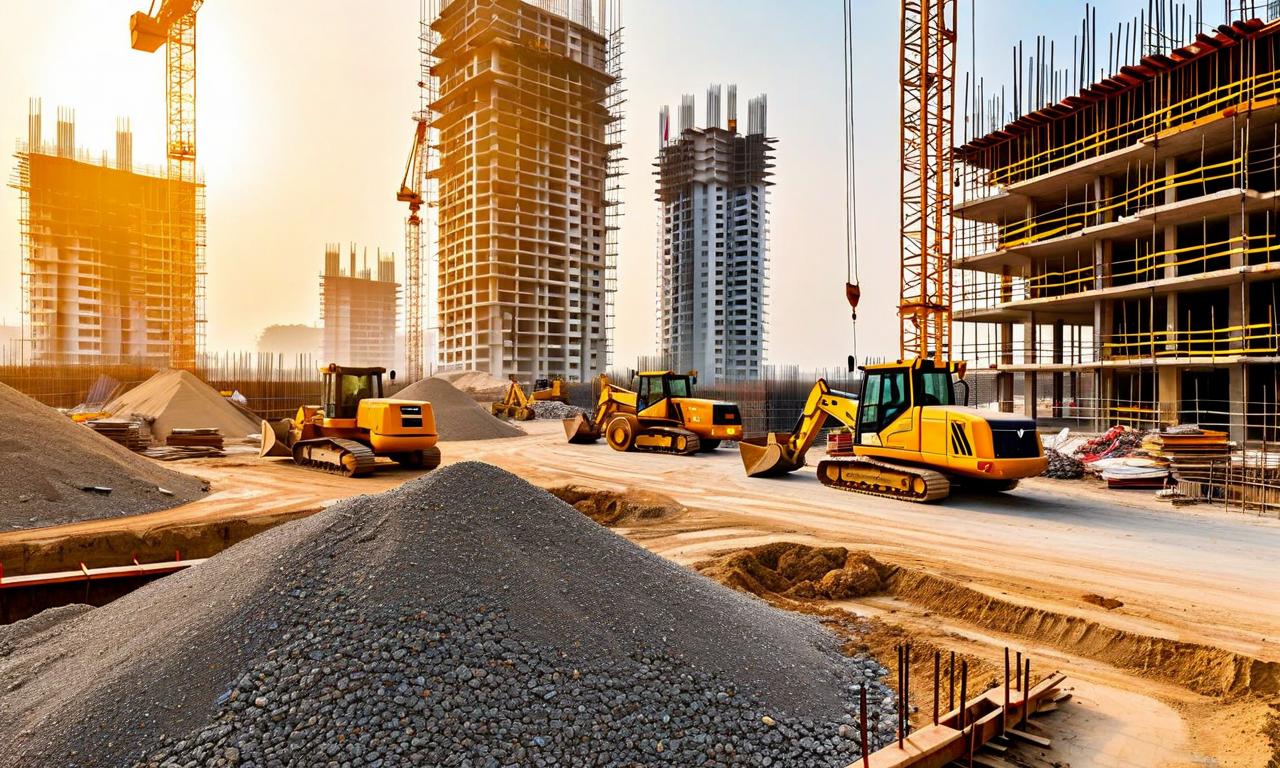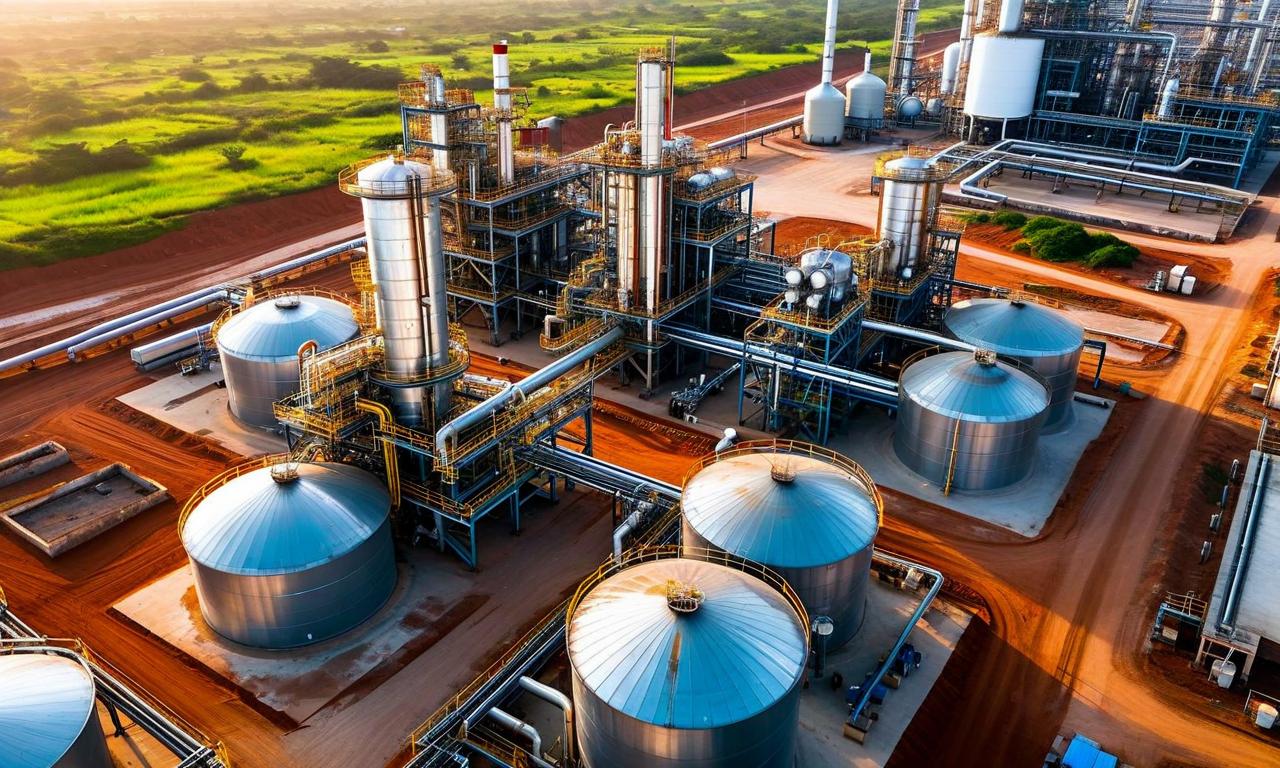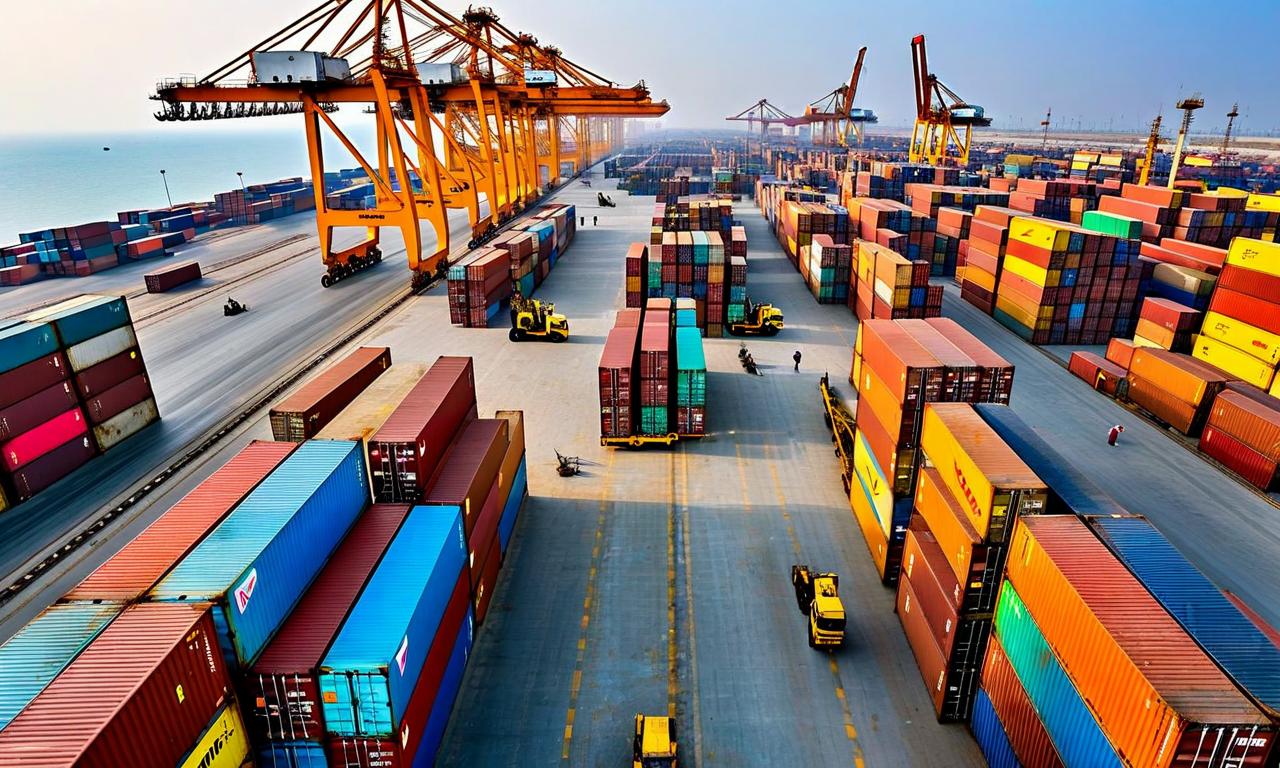GST Rate on Cement Slashed to 18%, Industry Hails Move as Boost for Infrastructure
The GST Council has approved a reduction in the GST rate on cement from 28% to 18%. This decision is expected to benefit domestic manufacturers and the construction sector. The Cement Manufacturers' Association welcomed the move, noting it creates parity with other construction materials. Industry leaders anticipate accelerated infrastructure development and industrial expansion. The real estate sector is expected to see significant relief, particularly in affordable housing projects. Experts project 7-8% growth in the cement industry this fiscal year, supported by government spending on infrastructure and rural housing initiatives.

*this image is generated using AI for illustrative purposes only.
The Indian cement industry received a significant boost as the GST Council approved a reduction in the Goods and Services Tax (GST) rate on cement from 28% to 18%. This decision is expected to have far-reaching implications for domestic manufacturers and the broader construction sector in India.
Industry Reaction
The Cement Manufacturers' Association (CMA) welcomed the move, stating that it creates parity with other construction materials like steel, effectively correcting a long-standing tax anomaly. CMA President Neeraj Akhoury highlighted that cement was previously taxed at one of the highest rates among essential building materials.
Vinod Bahety, CEO of Adani Cement, expressed optimism about the impact of this tax reduction. He believes it will accelerate the infrastructure pipeline and industrial expansion in the country.
Impact on Real Estate and Construction
The reduction in GST rates is expected to provide significant relief to the real estate sector. Manoj Mishra from Grant Thornton pointed out that this is a substantial structural relief for the industry, given that construction materials account for 30-35% of costs in affordable housing projects.
Growth Projections
The Indian cement industry, with its installed capacity of nearly 700 million tonnes per annum, is poised for growth. Industry experts project a 7-8% growth in the current fiscal year, supported by government spending on infrastructure and rural housing initiatives.
Broader Economic Implications
The GST rate reduction is anticipated to have multiple positive effects:
- Support for Domestic Manufacturers: The tax cut is expected to bolster the competitiveness of Indian cement producers.
- Infrastructure Development: Lower costs could accelerate various infrastructure projects across the country.
- Affordable Housing: The reduction may contribute to making housing more affordable, aligning with government initiatives in this sector.
- Industrial Expansion: Reduced input costs could potentially spur growth across industries that rely heavily on cement.
Conclusion
The GST Council's decision to reduce the tax rate on cement from 28% to 18% marks a significant shift in India's approach to this crucial building material. As the industry adapts to this change, the coming months will likely reveal the full extent of its impact on infrastructure development, housing affordability, and overall economic growth in India.
























